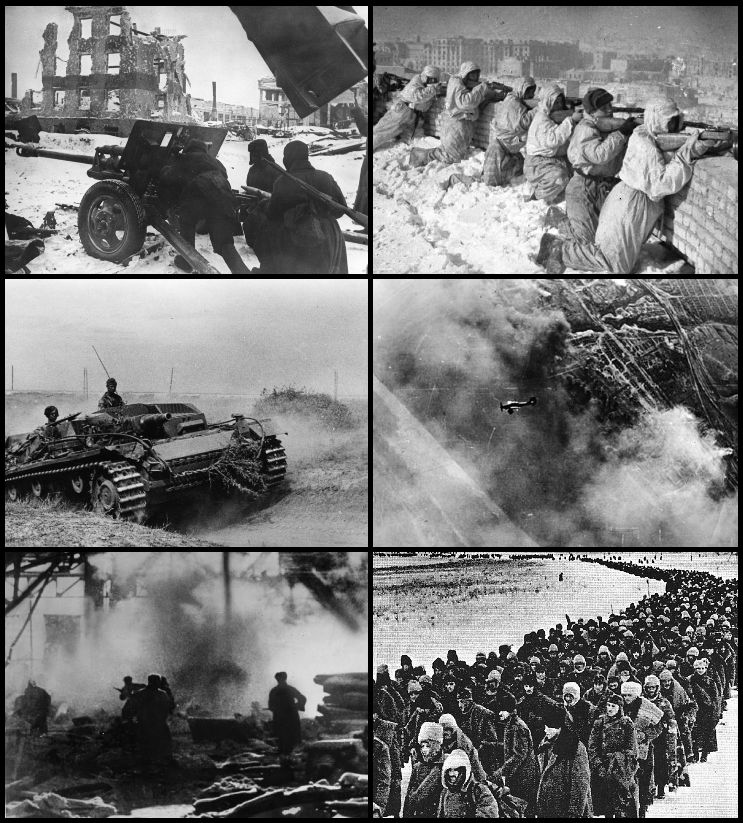rupol2000
Gold Member
- Aug 22, 2021
- 18,215
- 2,628
- 138
- Banned
- #1
I always knew that around 1943 there was a big change in politics. There are a lot of events at once: the removal of commissars(this is the Bolshevik political administration that commanded in the army instead of officers) from power in the Red Army, a second front, a split in Germany, the start of a counteroffensive, the leakage of German technologies to the United States.
Now I understand what happened there.
Not quite clear but some important things clirified and there is general image of the events.
Churchill's attitude towards the USSR cooled slightly after the war, and in the USSR itself the power of the Kaganovich group weakened, Khrushchev, even before he came to the post of head, was already openly arguing with the Stalinists, and carried out some reforms, this was impossible in the 30s.
Since 1943 there has been a split everywhere: in Germany, in the USSR and in the USA. Right-wing forces gradually rose, and in 1954, against the backdrop of anti-imperialism, they took power simultaneously in the USSR and the USA.
Probably Eisenhower was secretly negotiating with Khrushchev as early as 1943.
Now I understand what happened there.
Not quite clear but some important things clirified and there is general image of the events.
Churchill's attitude towards the USSR cooled slightly after the war, and in the USSR itself the power of the Kaganovich group weakened, Khrushchev, even before he came to the post of head, was already openly arguing with the Stalinists, and carried out some reforms, this was impossible in the 30s.
Since 1943 there has been a split everywhere: in Germany, in the USSR and in the USA. Right-wing forces gradually rose, and in 1954, against the backdrop of anti-imperialism, they took power simultaneously in the USSR and the USA.
Probably Eisenhower was secretly negotiating with Khrushchev as early as 1943.
